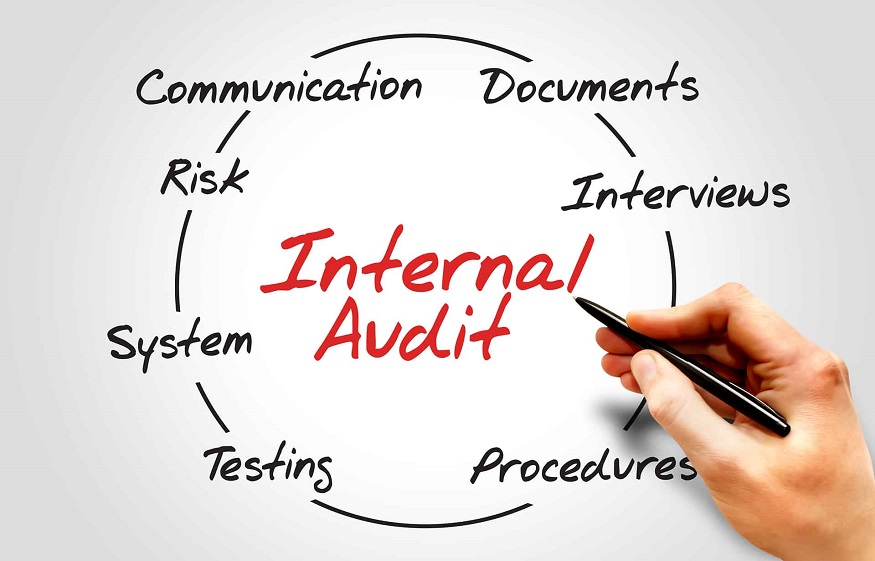Scott Tominaga – Why are Internal Audits Essential for a Company’s Growth

Internal audit refers to an independent and impartial evaluation that a group of financial professionals within company conduct. The specialists’ objective is to review the internal controls, accounting, corporate governance, and risk management processes of the business. They need to ensure the systems are operating efficiently and in compliance with relevant statutory regulations. Only then can the company expect to maintain accurate and proper financial records of its commercial activities. If this is not the case, the specialists should report their findings to top managerial personnel. In doing so, they need to highlight the relevant problems to them. They may even suggest remedial measures the company ought to take.
Scott Tominaga – Why do companies need to conduct a thorough internal audit?
Scott Tominaga is an expert in finance and investment from Carlsbad, California, with over 25 years of experience. He holds a degree in business finance from Arizona State University. He specializes in areas such as accounting, marketing, administration, brokerage, investor relations, administration, and compliance. He also has in-depth knowledge and understanding of hedge fund investment. He currently holds the post of the Chief Operating Officer in PartnersAdmin LLC. This is a popular finance service company with its headquarters in California.
Read more: Crash On The Oil Price Pushes to Bankruptcy As The Wll Stock Falls 91%He explains a company’s financial professionals who conduct an internal audit act like watchdogs. They are responsible for examining all of the company’s financial records, internal controls, and reviewing its operating procedures. In doing so, they sample financial documents, review various manuals, and scrutinize the workflow of different departments. They look for discrepancies that can undermine their operational efficiency, financial stability, and security. These can be in the form of frauds, data breaches, or mismanagement of assets. If the specialists come across these disparities during their audit, they should immediately inform the top management. They can even suggest measures which the company can implement to overcome them.
He further clarifies companies can enjoy the following six benefits by conducting a thorough internal audit of their systems:
- Significantly reduces the risks companies associate with frauds, data breaches, and even cyber threats,
- Informs the top management of weaknesses in the company’s internal control mechanism and suggests remedial measures,
- Internal audit helps to safeguard the company’s assets from potential misuse by nefarious employees,
- It identifies areas where improvement can be made in the current workflow within the company to boost productivity,
- Assesses whether the risk management processes are working efficiently and in accordance with the company’s objectives, and
- Ensures the company maintains its financial records in compliance with relevant statutory requirements relating to good corporate governance.
Scott Tominaga concludes by saying companies who conduct internal audits can see a significant improvement in overall productivity. Their top management will get to know weaknesses in the internal controls, accounting system, and risk management processes. Only then can they take necessary measures to rectify the relevant issues. They also come across ways to improve the workflow to boost productivity. In the process, they will be safeguarding the assets against potential misuse and preventing data breaches. They also ensure the financial records of the companies comply with relevant statutory requirements with success!






